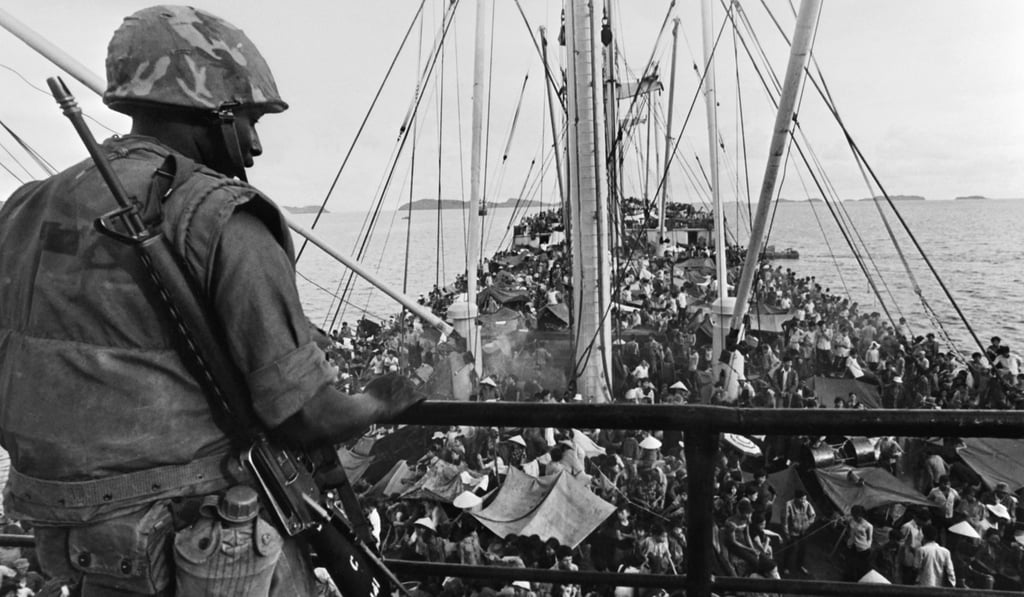Asian Angle | How Vietnamese-Americans and other ‘Viet Kieu’ fuel capitalist dreams with remittances
- International remittances to Vietnam are estimated at US$15 billion annually, making it one of the top 10 recipient countries in the world
- This money from Viet Kieu – an informal term for overseas Vietnamese – pays for much but also provokes resentment

International remittances to Vietnam are estimated at US$15 billion annually, making it one of the top 10 destinations in the world for money sent back by diaspora populations. About 7 to 8 per cent of households in Vietnam receive remittances from abroad. In fact, international remittance flows are higher than overseas development assistance, of which Vietnam is also a top 10 recipient.

Over the years, remittances from the diaspora have taken on different forms. In the 1980s, they largely came in the form of material goods sent from abroad that could be exchanged on the black market in an embargoed, socialist command economy starkly characterised by scarcity. Since the mid-1990s, there has increasingly been a shift to more formal transfer channels such as banks, Western Union and MoneyGram – though informal channels, including honour-based hawala-style transfers and courier services, continue to exist.
However, other categories of financial returns from the diaspora have also grown. These include collective remittances in the form of charitable, religious, or humanitarian development donations. In addition, the significant investment remittances from Vietnamese returning to start businesses were an important catalyst to early economic growth. Finally, there are “social remittances”, also known as “grey matter”, which are the ideas and knowledge that the diaspora bring home with them from elsewhere.
